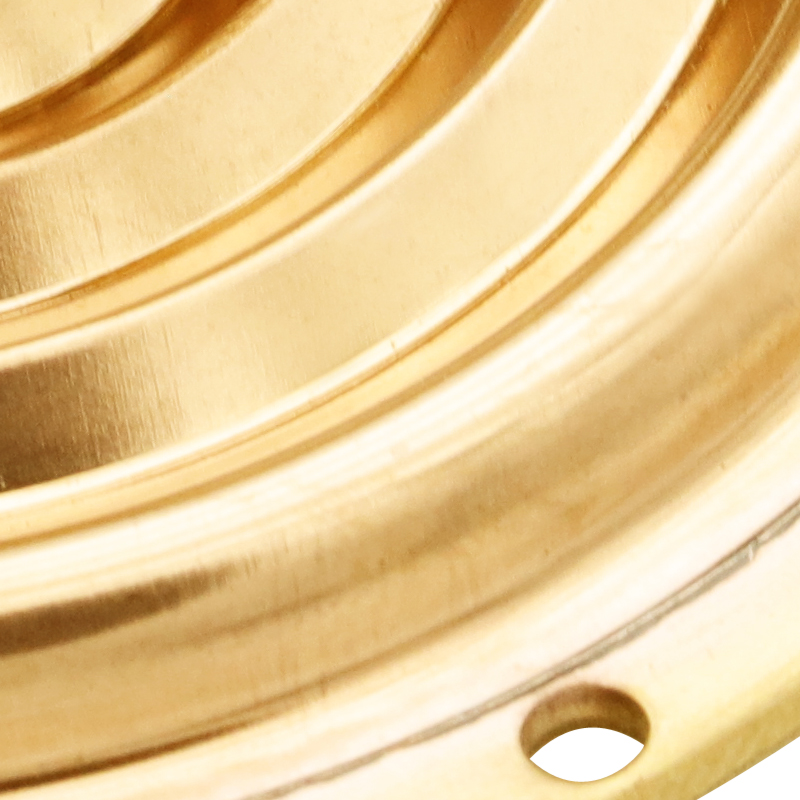
Dec . 26, 2024 18:07 Back to list
Purchase a Differential Pressure Gauge for Refrigeration Applications
Understanding Differential Pressure Gauges for Refrigeration Systems
In the realm of refrigeration and HVAC systems, maintaining optimal performance and efficiency is crucial. One of the key tools that aid in the monitoring and control of these systems is the differential pressure gauge. This article delves into the importance of differential pressure gauges in refrigeration applications, how they work, and tips for selecting and purchasing the right gauge for your needs.
What is a Differential Pressure Gauge?
A differential pressure gauge measures the difference in pressure between two points within a system. In refrigeration, this can be critical for monitoring the performance of various components, such as compressors, evaporators, and filters. By assessing the pressure differential, technicians can determine if a filter is clogged, if there’s sufficient refrigerant flow, or if the system is operating under safe conditions.
Differential pressure gauges are vital for ensuring that a refrigeration system runs efficiently. When pressure imbalances occur, it can lead to increased energy consumption, reduced cooling capacity, and eventually system failure. Regular monitoring of differential pressure can help identify issues before they escalate into expensive repairs.
How Do Differential Pressure Gauges Work?
The working principle of a differential pressure gauge is relatively simple. These gauges typically consist of two pressure sensing ports and a measurement element. When fluid flows through the system, it creates different pressure levels at the two ports. The gauge captures the pressure readings from both points and subtracts one from the other to provide a differential pressure reading. This reading is usually displayed on a dial or digital screen for easy interpretation.
Most differential pressure gauges use various technologies to measure pressure, including mechanical elements like Bourdon tubes, diaphragms, or even electronic sensors for more precise readings. The choice of technology can affect the gauge's accuracy, range, and suitability for specific refrigerants.
Importance of Differential Pressure Monitoring in Refrigeration Systems
1. Efficiency Optimization By monitoring differential pressure, technicians can ensure that systems are operating within their designed specifications. This can lead to energy savings and reduced operational costs.
2. Preventing Equipment Failure Regular checks can catch problems early, such as faulty compressors or blower motors. By addressing these issues promptly, potential downtime and costly repairs can be avoided.
buy refrigeration differential pressure gauge

3. Improved Maintenance Practices Understanding the differential pressure trends over time allows for better predictive maintenance strategies. Instead of relying on scheduled maintenance, systems can be serviced based on actual performance data, leading to increased reliability.
4. Regulatory Compliance Many industries have regulations regarding the safe and efficient operation of refrigeration systems, especially those dealing with food and pharmaceuticals. Differential pressure gauges can help ensure that these systems comply with necessary standards.
Choosing the Right Differential Pressure Gauge
When looking to purchase a differential pressure gauge for refrigeration systems, there are several factors to consider
- Range Ensure that the gauge you choose is appropriate for the expected pressure ranges in your specific application. A gauge with a range too wide may not provide the resolution needed for effective monitoring.
- Material Compatibility Given that refrigeration systems often use various refrigerants, it is essential to select a gauge made from materials that can withstand the specific chemicals present in your system.
- Accuracy Different applications may require different levels of accuracy. Selecting a gauge that provides the necessary precision is key to obtaining reliable readings.
- Installation Consider how and where the gauge will be installed. Some gauges are designed for easy installation in tight spaces, while others may require more room.
Conclusion
In conclusion, differential pressure gauges play a crucial role in the efficiency and reliability of refrigeration systems. Their ability to monitor pressure differences can prevent costly repairs, optimize performance, and ensure compliance with industry regulations. When purchasing a differential pressure gauge, it is essential to assess your specific needs regarding range, material compatibility, accuracy, and installation. By choosing the right gauge, you can contribute significantly to the longevity and effectiveness of your refrigeration system.
-
High-Precision 5 Valve Manifold Differential Pressure Gauge Suppliers
NewsApr.29,2025
-
High-Precision Diaphragm Vacuum Pressure Gauges Manufacturers & Quotes
NewsApr.29,2025
-
Omega Differential Pressure Gauges High Accuracy & Durability
NewsApr.28,2025
-
Low Pressure Differential Pressure Gauges Precision Solutions & Quotes
NewsApr.28,2025
-
Digital Diaphragm Pressure Gaauge Precision Measurement & OEM Quotes
NewsApr.28,2025
-
Differential Pressure Gauge China Price High-Accuracy & Best Quotes
NewsApr.28,2025
